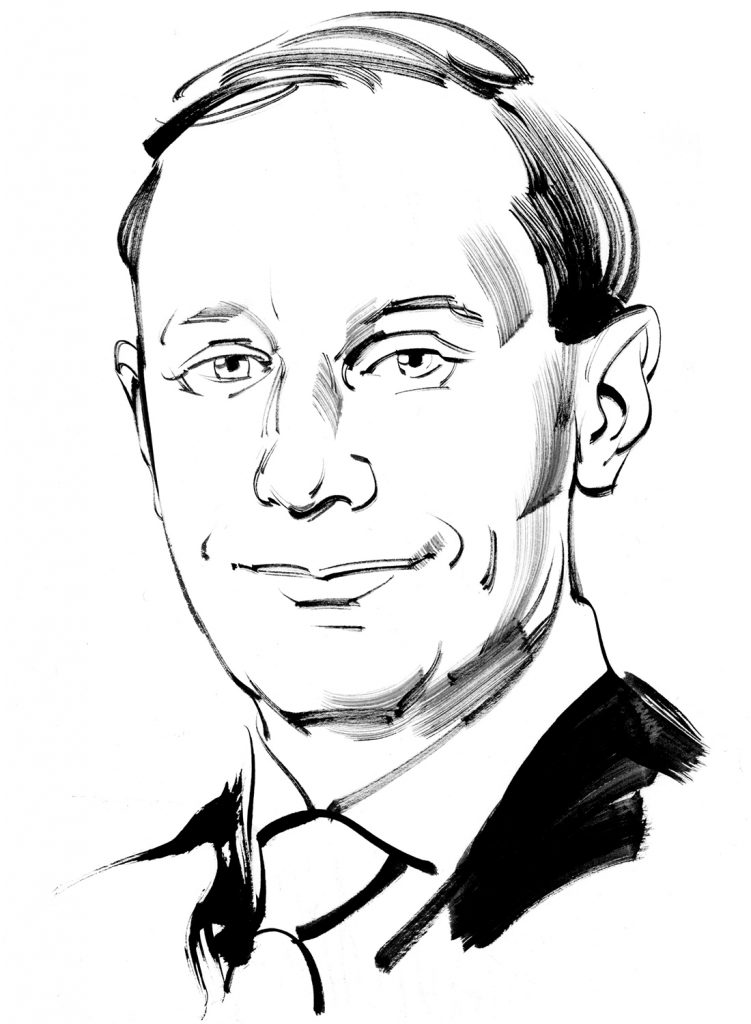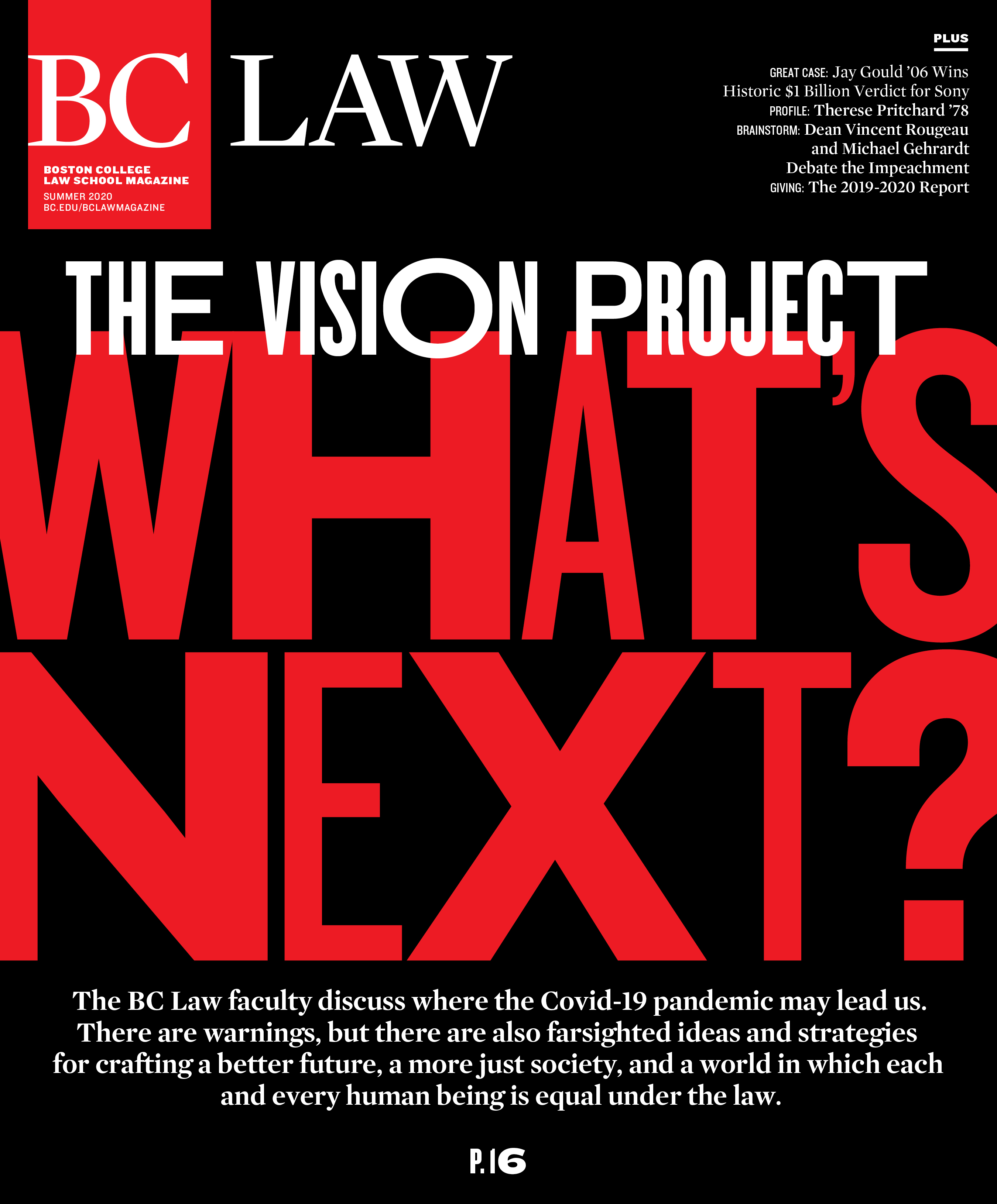Professor David Olson is Faculty Director for the Program on Innovation and Entrepreneurship at BC Law.
What has the pandemic revealed about American businesses? Businesses have actually responded pretty well to a crisis that caught people by surprise.
Early on, some were calling for President Trump to invoke the Defense Production Act, allowing the federal government to mandate the production of PPE and ventilators. Fortunately, that did not happen, and the private sector scrambled to produce the needed products. It wasn’t instantaneous; there were real shortages for a time. But I don’t think the government could have done better; more likely the shortages would have been protracted.
Now, had the federal government, and maybe states, taken to heart the need to stockpile PPE, then we would have been in a better position.
What role could business play in addressing racial and economic injustice? Unfortunately, those with less money and power, and those who are targets of discrimination, fare worse in crises. What can be done about that?
First, government can invest in the health and wellness of poor and minority populations. It is also time to increase institutional trust by reforming policing and reducing discrimination. We can do more to help those who are vulnerable. South Korea, for example, is paying the housing costs to remove people who test positive for Covid-19 from their households so that they don’t infect their families.
Another way to help poor and vulnerable people is to help them become less poor. Social spending can help, but the biggest driver of improved material conditions has been innovation, entrepreneurship, and economic growth.
Insofar as China has stopped the spread of coronavirus, it’s in part because a massive portion of its population has moved from abject poverty into a level of economic security because of an embrace of capitalism and economic growth.
To read other pieces in this issue’s The Vision Project, click here.



